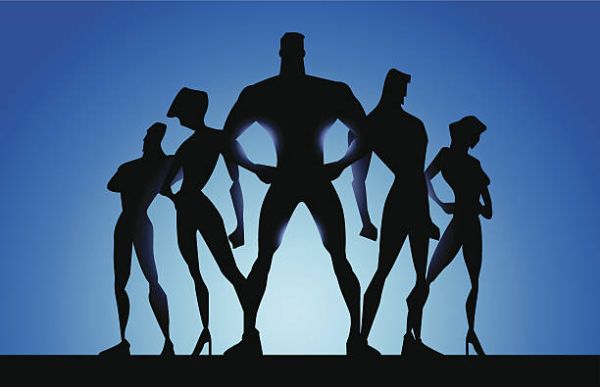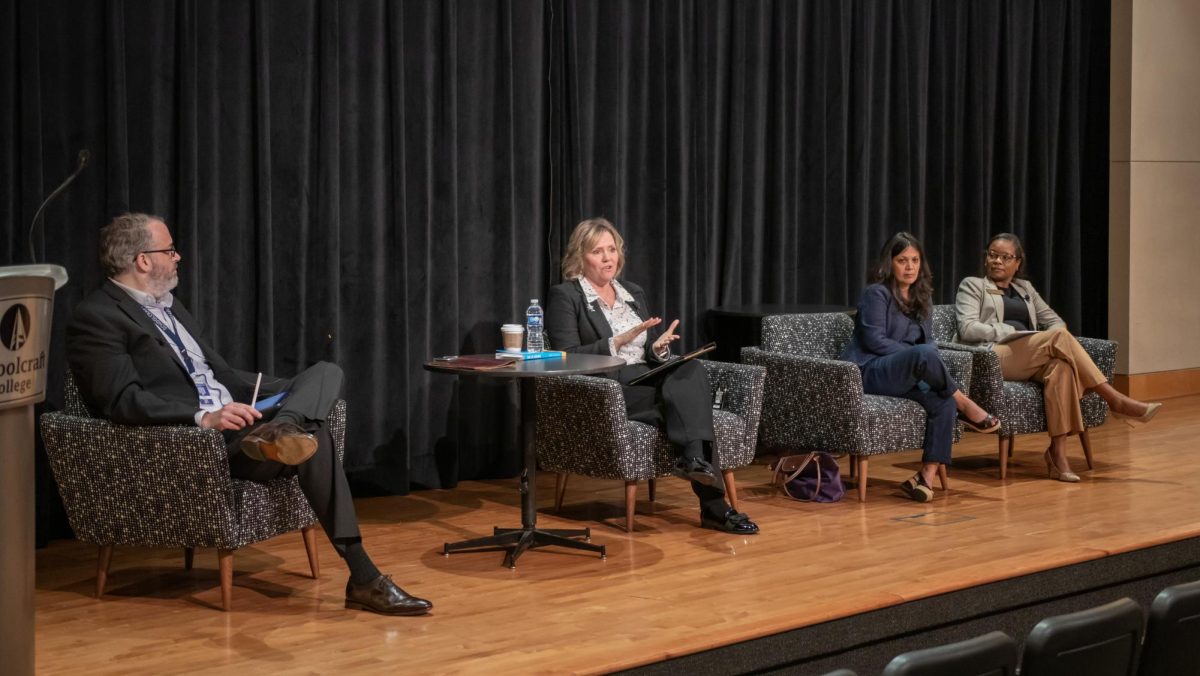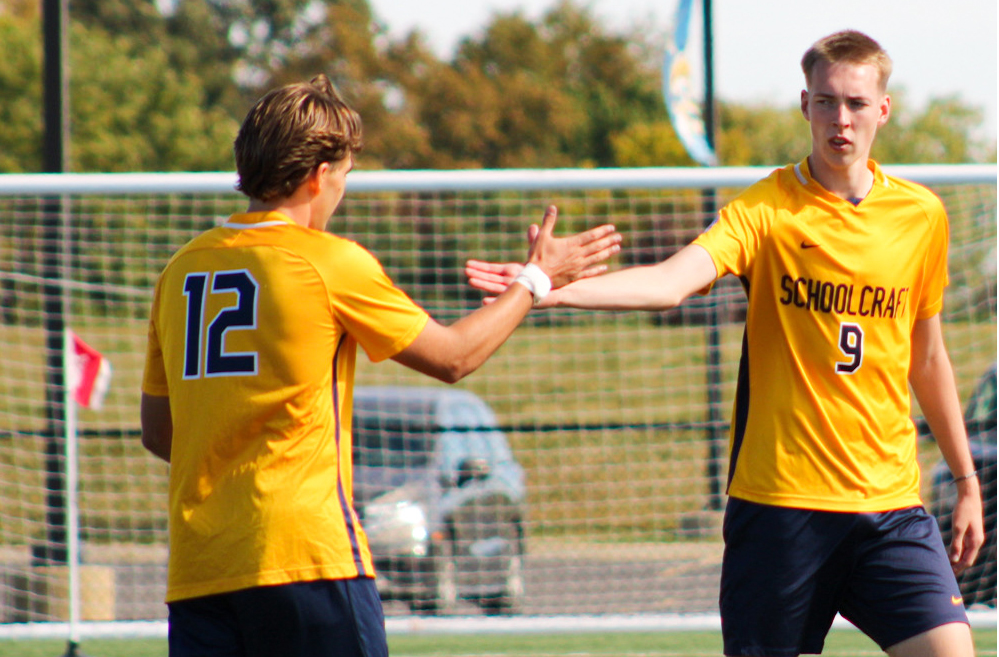O’Neil: Superheroes could use a change
Why don’t superheroes try to change the world?

August 2, 2021
One of the most lucrative corners of entertainment media in the last century or so has been superhero stories; they first came up as comic book stories or recurring publications in newspapers, and in modern times catch the most attention through blockbuster films and shows on streaming services. Personally, I’ve gotten most of my interaction with the genre through video games, namely the Batman Arkham games, developed by Rocksteady and once by WB Games; on the surface level, nearly all of the games have the same amount of quality story and cathartic gameplay – but when really looking at the more general, exaggerated big-picture elements of the games and questioned their implications, it changed the way I looked at superheroes as a whole.
Now, before we go any further, it should be clarified that this tangent is only half serious; the famous cookie-cutter archetype of superheroes thwarting the super villains’ evil plans is far too easy and lucrative for writers and movie studios to care to change anything. I also have little history with reading comic books, so all words here were sourced from experiences with film and video games. They are just meant to be observations of comic story elements – many of which have endured from the golden age of comic books – and how those elements could be changed to something a little more interesting than the same old saving-the-world trope. For example: what if, instead of saving the world from evil, heroes improve the world for the better?
Continuing the Batman tangent, I’ve come to realize that he’s not as great a hero and the best example of what is wrong with many of the mainstream superhero stories.
First-off are the villains; pretty much every major adversary of Batman has some trivialized interpretation of a mental disorder, and some have physical disabilities or developmental disorders as well, such as the Penguin being a dwarf, the Riddler having some fictionalized version of Obsessive Compulsive Disorder, and Two-Face having both severe untreated burns on half of his body and a fictionalized version of Dissociative Identity Disorder. This is quite plainly a rather bad precedent to have, as it couples being evil with being neurodivergent/mentally ill and disabled; note how pretty much none of the heroes have any such diagnoses as one of their defining characteristics.
Another thing I’ve noticed is that for all his intended heroism, Batman doesn’t really change anything. Sure, he saves peoples’ lives by beating and throwing wrongdoers into jail, but he never takes steps in the games or movies to prevent those crimes from ever happening in the first place; he could easily use his billions of rich-boy dollars to fund reformative social programs, though that wouldn’t have made for good entertainment as it is now considered in the industry.
Modern comic-book-derived media often edges on the fantastical, with intergalactic and interdimensional adventures where the heroes encounter advanced civilizations and people, though rarely do we dare to envision our own worlds’ short term evolution. Think, for instance, what kind of story would come about if Superman or Captain America took on the people and corporations doing the most harm to the environment and accelerating the climate crisis? What would that kind of battle look like? And no, Captain Planet doesn’t count. Because I said so.
Comic book superheroes came from a very different environment in the 40s and 50s; Captain America was meant to be a propagandized story to bolster support for the war effort during WWII, Superman was the first superhero of modern definition.
Should such a tired narrative binary of superheroes versus super villains be recycled so much for nearly a century?
Why should such fantastical entities such as superheroes fight to only sustain a flawed and mundane civilization such as ours, and stop short of fighting to improve it?
They shouldn’t; they should keep fighting on, as everyone should, toward a state of constant progress and improvement for humankind.
There could be stories not of utopias, not of the mindless action movies, but idealizing the struggle toward a better world.








